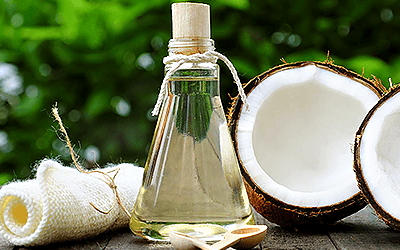Elderberry, a plant traditionally used for respiratory ailments, has gained popularity as a natural remedy for colds and influenza. The rise of COVID-19 further highlighted elderberry's potential, sparking debates about its effectiveness and safety.1 While elderberry may help combat viral infections, some concerns exist about its potential to overstimulate the immune system, particularly in severe cases. Recent studies shed light on the role, risks, and benefits of elderberry for managing respiratory illnesses.
The Study
Researchers conducted a comprehensive review of 1,187 publications, ultimately selecting eight studies that met rigorous criteria. These included randomized controlled trials and studies on elderberry's effects on cytokine production. The review aimed to evaluate elderberry's ability to prevent or treat viral respiratory infections, such as influenza and the common cold, and to assess potential risks, including immune system overstimulation.
The Results
The findings showed that elderberry did not significantly reduce the risk of colds but helped shorten illness duration and ease symptoms. For influenza, participants recovered up to three days earlier when using elderberry compared to a placebo.
Importantly, no evidence was found linking elderberry to immune overstimulation, and it appeared safe for general use.
Additionally, a mixed herbal product containing elderberry showed similar efficacy to oseltamivir (an antiviral medication) with fewer side effects, indicating that elderberry could be a viable natural option for managing flu symptoms.
What Does this Mean?
The results suggest that elderberry shows promise for managing viral respiratory illnesses by reducing symptom severity and recovery time. However, the evidence is not definitive, and more high-quality research is needed to confirm its benefits, particularly for long-term use or in people with pre-existing conditions or those taking medications.
Elderberry's potential lies in its combination of antiviral and immune-modulating properties, but it is best used as part of a broader approach to health. People considering elderberry for colds and flu should consult a healthcare professional, especially if they have underlying health issues.
For those seeking similar natural remedies, plants like echinacea, ginger, and turmeric also offer immune-supporting and anti-inflammatory benefits.
Sources
- BMC Complementary Medicine and Therapies, Elderberry for prevention and treatment of viral respiratory illnesses: a systematic review, 2021
Footnotes:
- Advanced Biomedical Research. (2022). The Pros and Cons of Using Elderberry (Sambucus nigra) for Prevention and Treatment of COVID-19. Retrieved January 17, 2025, from https://pmc.ncbi.nlm.nih.gov/articles/PMC9744084/




